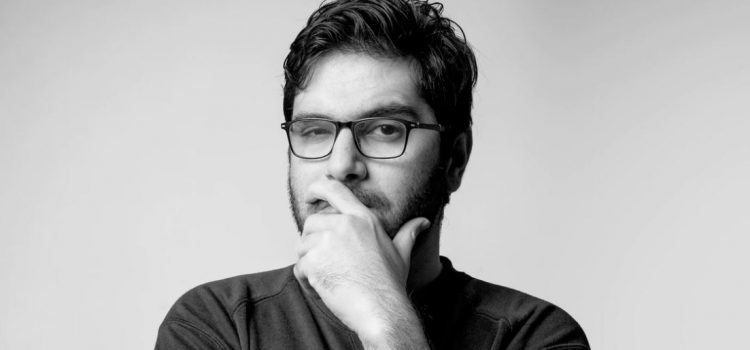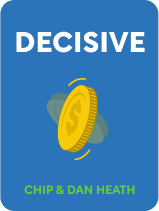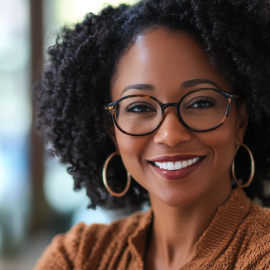

This article is an excerpt from the Shortform book guide to "Decisive" by Chip and Dan Heath. Shortform has the world's best summaries and analyses of books you should be reading.
Like this article? Sign up for a free trial here.
How does confirmation bias skew your judgment? Why is it important to seek the opposing viewpoint when making important decisions?
In decision-making, confirmation bias leads us to overlook crucial information about our options. One way to resist your confirmation bias is to hunt for information that contradicts your existing beliefs.
Here’s how seeking out opposing views can help you override confirmation bias and make better decisions.
Why You Should Seek Out an Opposing Viewpoint
According to research, when we consider opposing views, we force ourselves to pay attention to high-quality information that we’d otherwise ignore due to confirmation bias.
A technique to accomplish this strategy is to find an expert on the topic of your decision and ask questions that welcome an opposing viewpoint. For example, imagine a high school graduate who must choose among several colleges. One college tops their list because they believe it has a strong art program. They meet with an admissions counselor from that college to learn more. Their confirmation bias tempts them to ask questions that confirm their belief that the art program is strong. Instead, they can seek out an opposing viewpoint by asking, “What are some issues with the art program?”
Seeking Out Opposing Viewpoints While Online
For many people, the Internet is a primary source of information—but the Internet also intensifies confirmation bias. Algorithms use information about our preferences to determine which ads and search results to show. This can lead to a “filter bubble effect”: a phenomenon in which a) our confirmation bias limits what content we look for in the first place, and b) algorithms reinforce the bias by only showing us ads and search results that fit our existing preferences. This surrounds us in a cocoon of information that continually fortifies our existing beliefs.
How can we counter the filter bubble effect? One entrepreneur recommends we “Google the opposite”: use search terms that bring us to opposing viewpoints. For example, the high school graduate could seek out perspectives that speak to a school’s downsides by Googling the name of a school followed by words like “overrated” or “unhappy.”

———End of Preview———
Like what you just read? Read the rest of the world's best book summary and analysis of Chip and Dan Heath's "Decisive" at Shortform.
Here's what you'll find in our full Decisive summary:
- Why our minds are wired to make bad decisions
- How biases and cognitive flaws distort your thinking
- A four-step process to improve your decision-making






